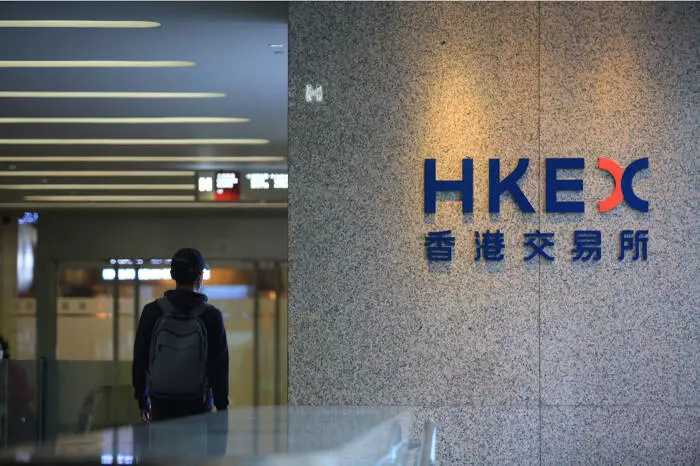After an arduous five-week decline, the Hang Seng Index has shown remarkable resilience by registering a noteworthy climb of 2.30%, fueled by positive economic data and optimism surrounding potential stimulus measures. Recent news indicates that high-ranking officials from China’s Ministry of Commerce, the Ministry of Industry and Information Technology, and the People’s Bank of China are expected to provide insights into their plans for enhancing the service sector. This anticipated briefing holds significant implications not only for the Hang Seng Index but also for broader market sentiments surrounding the Chinese economy.
Yet, despite this rally, the market remains cautious, burdened by persistent trade tensions and overarching economic uncertainties. In this environment, even positive metrics alone may not provide enough impetus for a sustained recovery. The tech giants that dominate the Hong Kong market, including Alibaba and Baidu, posted impressive weekly gains of 5.53% and 4.36%, respectively. Their performance reflects broader investor confidence in the future trajectory of the tech sector, which often serves as a barometer for economic health.
Divergent Market Trends: Hong Kong vs. Wall Street
One striking observation from recent market activity is the deviation between Hong Kong equities and their US counterparts. Brian Tycangco of Stansberry Research highlighted this divergence, noting that while U.S. markets suffered significant losses, the rally in Hong Kong’s benchmarks suggests a potential decoupling. This phenomenon raises essential questions about the sustainability of such growth amidst external pressures. In essence, if Beijing successfully implements measures to stimulate domestic growth while maintaining stability, these gains could become a compelling narrative in the ongoing market discussion.
Additionally, it’s noteworthy that while some sectors thrive, others face headwinds. Electric vehicle (EV) makers exemplify this mixed scenario, as seen with Li Auto, which decreased by 0.55%, contrasting with NIO’s impressive 4.99% gain. Such discrepancies underline the volatility in emerging sectors, further complicating the investment landscape.
Broader Economic Indicators: Commodities and More
Across the wider market, commodities are experiencing significant movement, particularly gold and oil. Gold has reached unprecedented heights, hitting $3,358 before settling at $3,327, a 2.75% increase for the week. This surge is largely attributed to Federal Reserve chair Jerome Powell’s remarks combined with ongoing tariff worries, which have heightened demand for safe-haven assets. Meanwhile, WTI crude oil prices jumped by 4.48% to $63.495, bolstered by increasing demand from China. These trends not only influence commodity producers but also shape the banking sector, as lower US Treasury yields draw attention to high-yield investments in Australia.
The Australian market reflects this upward momentum, with the ASX 200 rising 2.26% in the week ending April 18. Resource-driven companies, buoyed by rising gold and oil prices, are notably performing well. For instance, Woodside Energy Group Ltd. and Northern Star Resources Ltd. posted substantial gains, further emphasizing the positive impact of commodity prices on stock performance.
The Global Context: Impacts of Trade Negotiations
In Japan, the Nikkei Index also mirrored the positive trend, climbing 2.13% as optimism surrounding US-Japan trade negotiations took center stage. This reflects a broader sentiment that progress in global trade relationships can have beneficial outcomes on domestic markets. President Trump’s comments about ‘big progress’ in these talks offer a glimmer of hope, particularly for export-oriented stocks, even as the Yen has demonstrated strength against the dollar.
Investors will need to remain acutely aware of forthcoming updates regarding trade discussions, particularly between the US and China, as these dynamics will play a crucial role in determining market trajectories. The impending meetings of the National People’s Congress Standing Committee serve as a crucial touchpoint for assessing policy moves that can either bolster or hinder economic growth.
In this complex and volatile environment, where financial markets are heavily influenced by geopolitical currents, staying informed and agile is essential for navigating these shifting landscapes. The developments surrounding the Hang Seng Index and broader market trends will require continuous scrutiny to unlock strategic investment opportunities.

